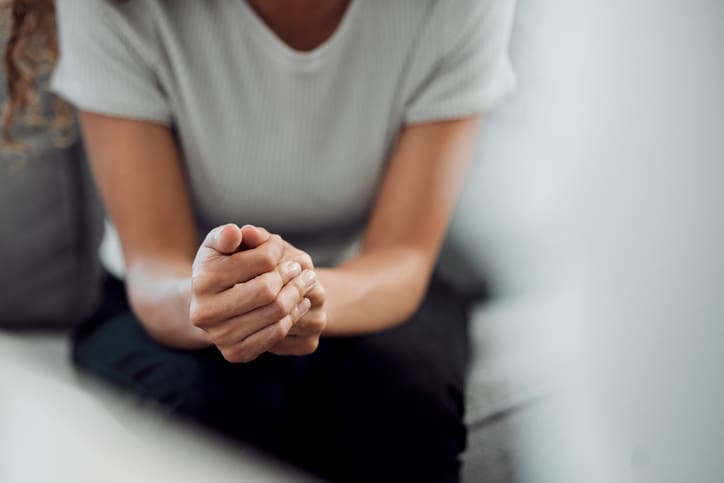Deciding to go to a residential treatment facility for your drug or alcohol addiction is a big step. You have admitted you have a drug or alcohol addiction and are ready to make the changes you need to regain your sobriety. When you get to the treatment center, one of the first changes you will go through is the blackout period.
What is a Blackout Period?
The blackout period is a time at the beginning of residential drug or alcohol addiction treatment when you are not permitted contact with anyone outside the facility. This restriction means you cannot leave the facility, have visitors, use a phone to make or receive calls or messages or send or receive mail. Depending on the treatment center, the blackout period usually lasts several days to one week. Being unable to contact family or friends during this time may seem harsh and scary at first. But it’s not a form of punishment; in fact, it’s critical to your early recovery.
What Are the Benefits of the Blackout Period?
The blackout period benefits your addiction recovery in many ways.
- Helps you get through detox
During the first days of recovery, you will experience withdrawal as your body is physically ridding itself of the toxic substances in your bloodstream. This process is called detoxification, or detox. Detox is intense, and the blackout period provides a time for you to focus completely on your physical and mental health without any distractions from family, friends, work, or anything outside your recovery center.
- Provides time to reflect
During your first days at your treatment center, you may have many thoughts racing through your mind. You may be nervous about going through withdrawal, have regrets about your past, or be afraid of getting sober. Without drugs or alcohol to lean on, you may feel anxious and depressed. With the blackout period in place, you cannot distract yourself by talking to a friend or losing yourself surfing the internet. Instead, you can use the time for reflection. You can think about your behaviors, reflect on your treatment goals, and completely focus on becoming sober. You do not have to worry about anyone or anything else.
- Lets you focus on meeting new people
Active addiction often makes you feel alone, isolated, or different. You may even isolate yourself from family and friends to hide your addiction from them. At the treatment facility, you are with other individuals who understand the pain and anguish of addiction. Without contact from the outside world, you can use the blackout period to meet like-minded people. You may make lifelong friends and add strength to your support system.
- Separates you from unhealthy friends
Chances are, if you have problems with alcohol or drugs, you have friends who drink or use drugs. You may want to contact these friends when cravings are intense. Doing so could make cravings stronger or possibly trigger a relapse. In reality, friends you used to drink or use drugs with may not support your sobriety. The blackout period provides the opportunity to separate yourself from unhealthy or toxic friends and relationships.
- Gives you time to adjust to your treatment program
The time you spend in the treatment center is different from everyday life. While you are at the treatment facility, you will have a full schedule, constant supervision, and many therapy sessions. It can be hard to get used to. During the first few days of treatment, the blackout period allows you to focus on yourself and your goals. You have the opportunity to immerse yourself completely in your treatment experience. It gives you time to adjust to how the treatment center runs and learn what is expected of you.
We Can Help
If you or a loved one struggles with drug or alcohol addiction, now is the time to get the help you need. At Anabranch Recovery Center in Terre Haute, IN, our team of caring professionals can help you regain your sobriety and take back control of your life. We offer a range of programs, including detox, residential treatment, and a family program. Learn how we can address your specific needs. Contact us today.




